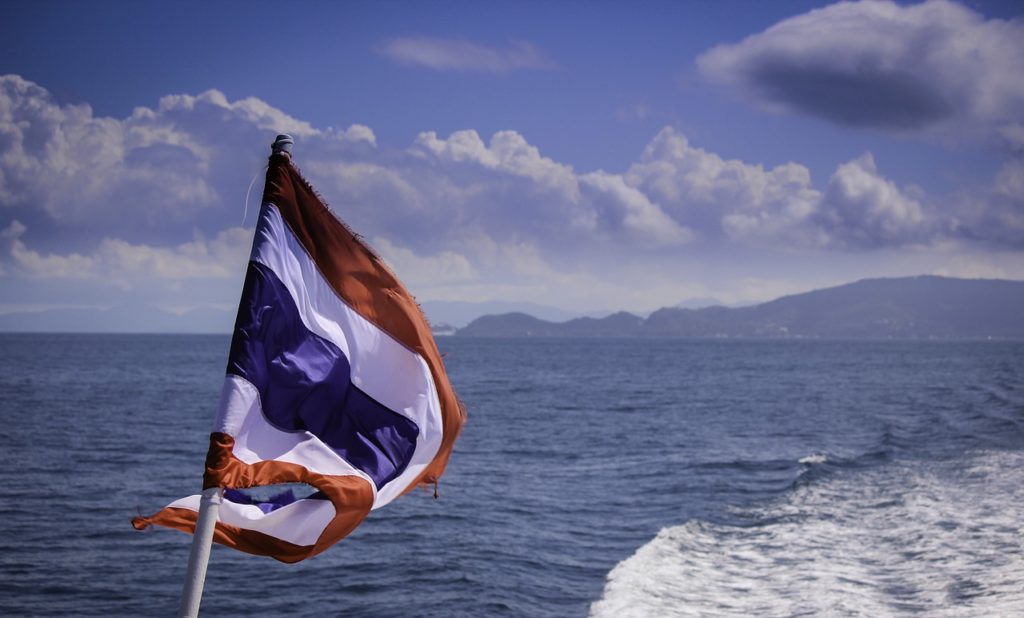Thailand legalizes 99% pure CBD oil produced from cannabis. However, people should not be too excited about this partial legalization of CBD production, sales, exports, and possession. Cannabis and cannabis extracts remain under the strict control of the authorities. As long as the laws are not clear everywhere, it is advisable to wait a moment before importing on a large scale into Thailand.
Pure hemp oil is no longer a narcotic under Thai law


Thai law no longer recognizes hemp oil as a narcotic. This means that CBD oil, which contains very little THC in Thailand, is no longer an intoxicant that is subject to the Law on Narcotic Drugs 1979.
Legalization
However, people should not be too excited about the partial legalization of CBD. Cannabis and cannabis extracts remain under the strict control of the authorities. From a legal point of view, this can only be interpreted as the first step towards the real legalization of medical marijuana. Pending further clear requirements.
Nevertheless, the new regulation creates prospects for the private sector to invest in the production of pure CBD 99 from cannabis and hemp. By relaxing the rules, the medical shortage of cannabis will be quickly rectified.
Foreign investment in indigenous cannabis production
99% pure CBD oil extracted from cannabis plants no longer constitutes an anesthetic provided it grows in Thailand. Import is not yet possible for a period of five years. During this period, imports remain strictly prohibited and the product qualifies as illegal drugs.
The new rules will stimulate the production of Thai CBD oil for medicine. At the same time, it allows foreigners to invest in Thai manufacturing companies. Moreover, it may mean that advanced technology from abroad will need to be available for large-scale industrial production.
A cannabis production license needs to continue to be issued because a dividing line is struck between the processing of narcotic cannabis and the production of legalized CBD extracts. A manufacturing license needs to process narcotic cannabis at the factory and chemically convert it into 99% pure, legalizes CBD oil with no more than 0.01% THC by weight.


Conglomerate
Some universities and governmental organizations have a license. The government pharmaceutical organization is the leader of this group, with a high capacity to transform research production into a large commercial conglomerate. They have an interest in pure CBD oil but do not plan to produce it. Subject to further legislation, more private sector individuals are welcome.
Do patients need permission to have CBD treatment?
Suppose you have a license to produce cannabis to get pure CBD oil. The question is, do you also need a separate license from the Food and Drug Administration to sell, import and export this CBD oil? Most likely yes.
What about the patient? Do they need a license to own? Maybe not. At least that’s what the current legislation on cannabis says. Provided the medicine prescribed by a physician specially trained in cannabis by the Department of Medical Services.


Do foreign travelers need a permit for possession?
International cannabis patients from abroad need FDA permission to transport cannabis medicines to Thailand for consumption. In addition, a distinction also needs to reflect the CBD oil produced from cannabis Indica or the CBD oil produced from cannabis.
Although there is a ban on imports of cannabis oil, this does not apply to pure CBD extracts extracted from cannabis. However, there is still a lot of uncertainty. As long as the laws and regulations are not clear everywhere, it is advisable to wait a moment before importing CBD on a large scale into Thailand.
—
(Featured Image by thatsilverlining)
First published in drugsinc, a third-party contributor translated and adapted the article from the original. In case of discrepancy, the original will prevail.
Although we made reasonable efforts to provide accurate translations, some parts may be incorrect. Hemp.im assumes no responsibility for errors, omissions or ambiguities in the translations provided on this website. Any person or entity relying on translated content does so at their own risk. Hemp.im is not responsible for losses caused by such reliance on the accuracy or reliability of translated information. If you wish to report an error or inaccuracy in the translation, we encourage you to contact us.



Comments are closed for this post.